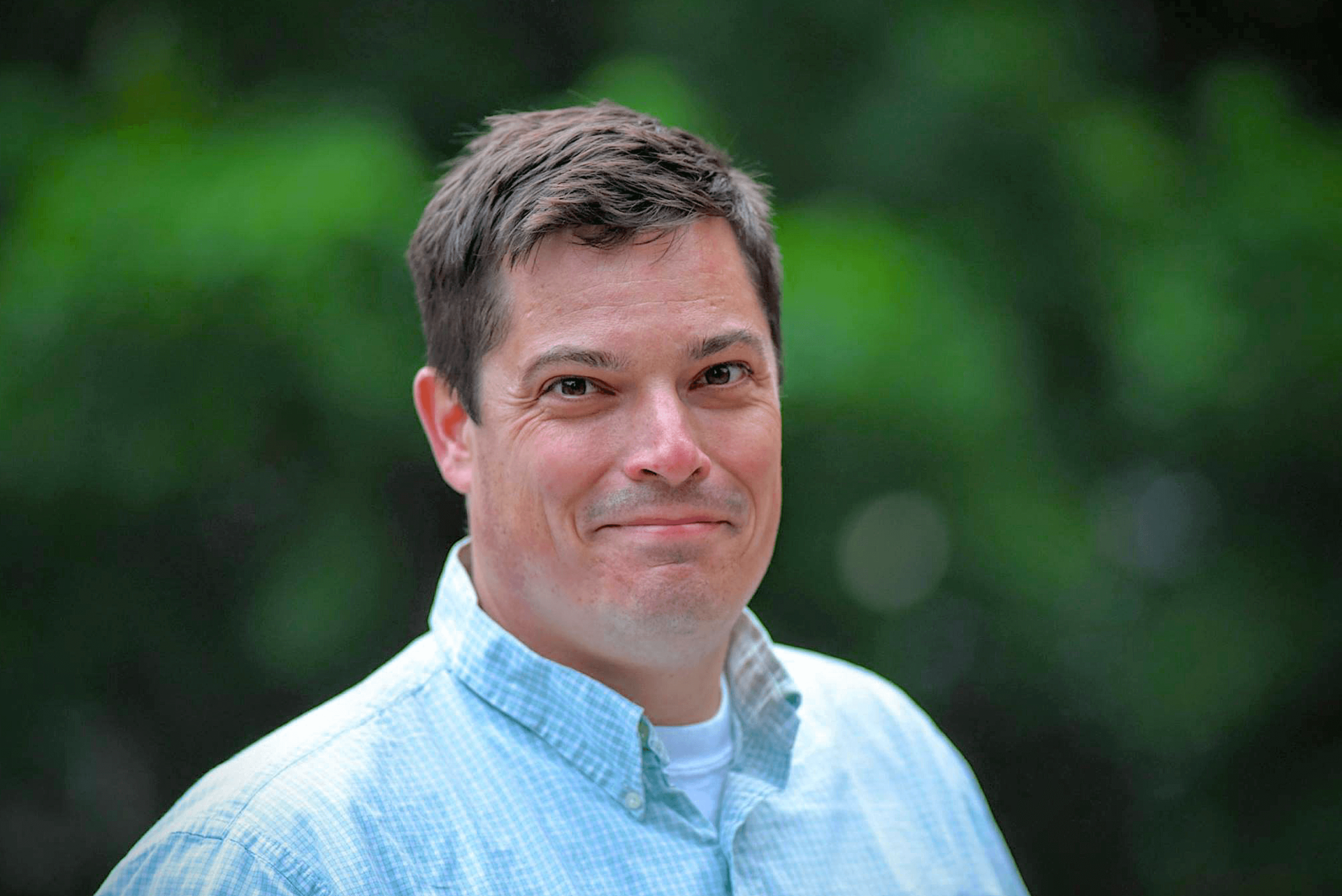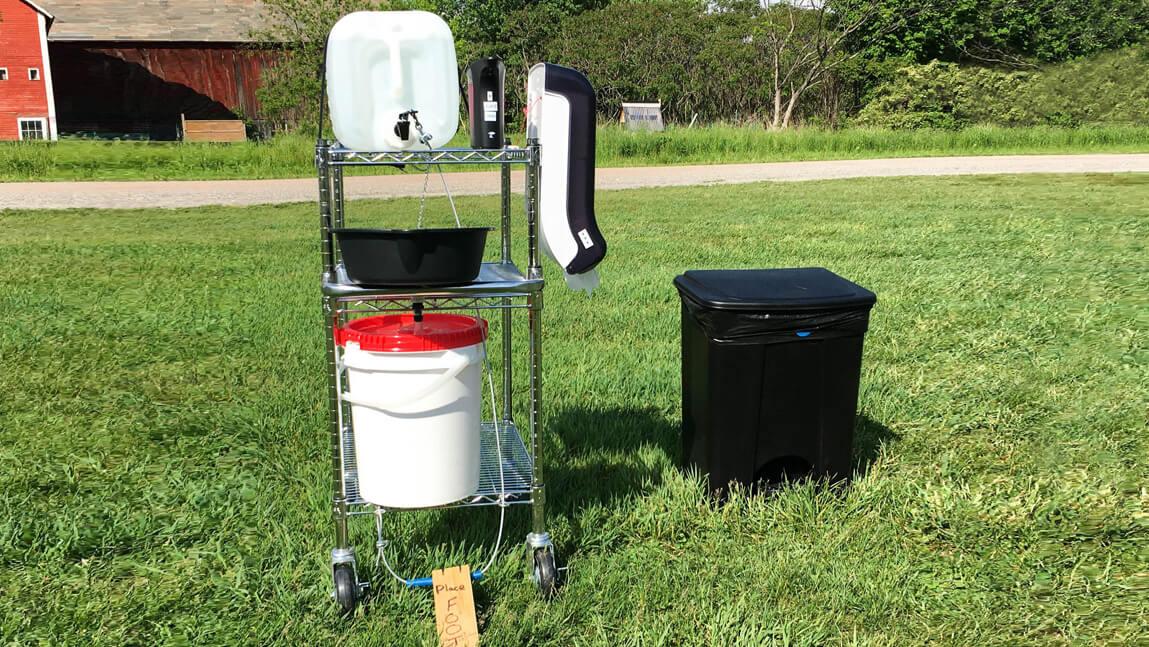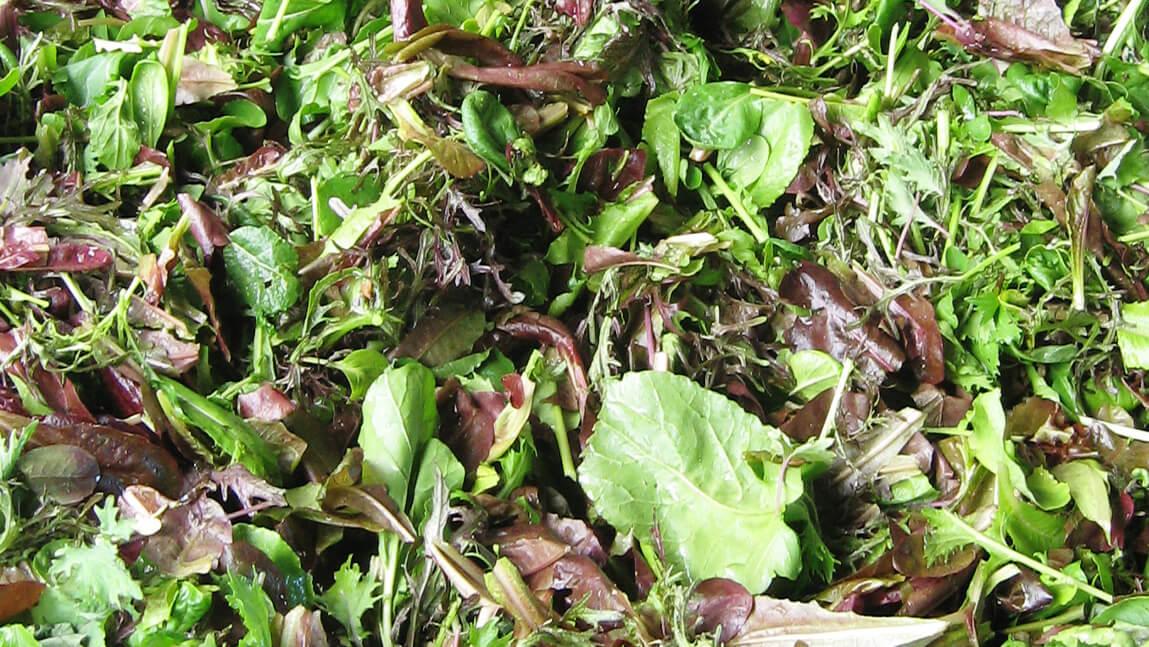While living in Japan and Europe, his primary role was as a fuel cell engineer providing support to corporate customers such as Nissan Motor Company. One might wonder, then, how Callahan came to have such a strong connection with agriculture. As he tells it, his career focus shifted when he read an article in Science on the energy balance of Earth.
“It really highlighted the fact that the main energy source that we need to do a better job of using is solar. Specifically using the solar radiation from the sun coming to the Earth through its most effective path - plant life.”
That single article set him on a course to understanding the role of engineering within agriculture, and it was at this point that his career path first intersected with Extension.
“I started my own engineering consulting company, continued doing some fuel-cell work with one main client to pay the bills, while developing my abilities and applying my skills to farms and food over about the next 10 years. Over that time, I began working with people like Vern Grubinger and Heather Darby in UVM Extension on projects as an independent contractor and consulting engineer.”
He was happy to be able to assist UVM when Vern Grubinger reached out to ask him to be on the hiring committee for a new position that would launch a UVM Extension Agricultural Engineering program. But when Callahan read the job description, he had to turn Grubinger down because, as it turned out, he was so excited by the possibilities inherent in launching that an Agricultural Engineering program for Extension that he wanted to apply for the position himself, so that he could be the one to build out that program.
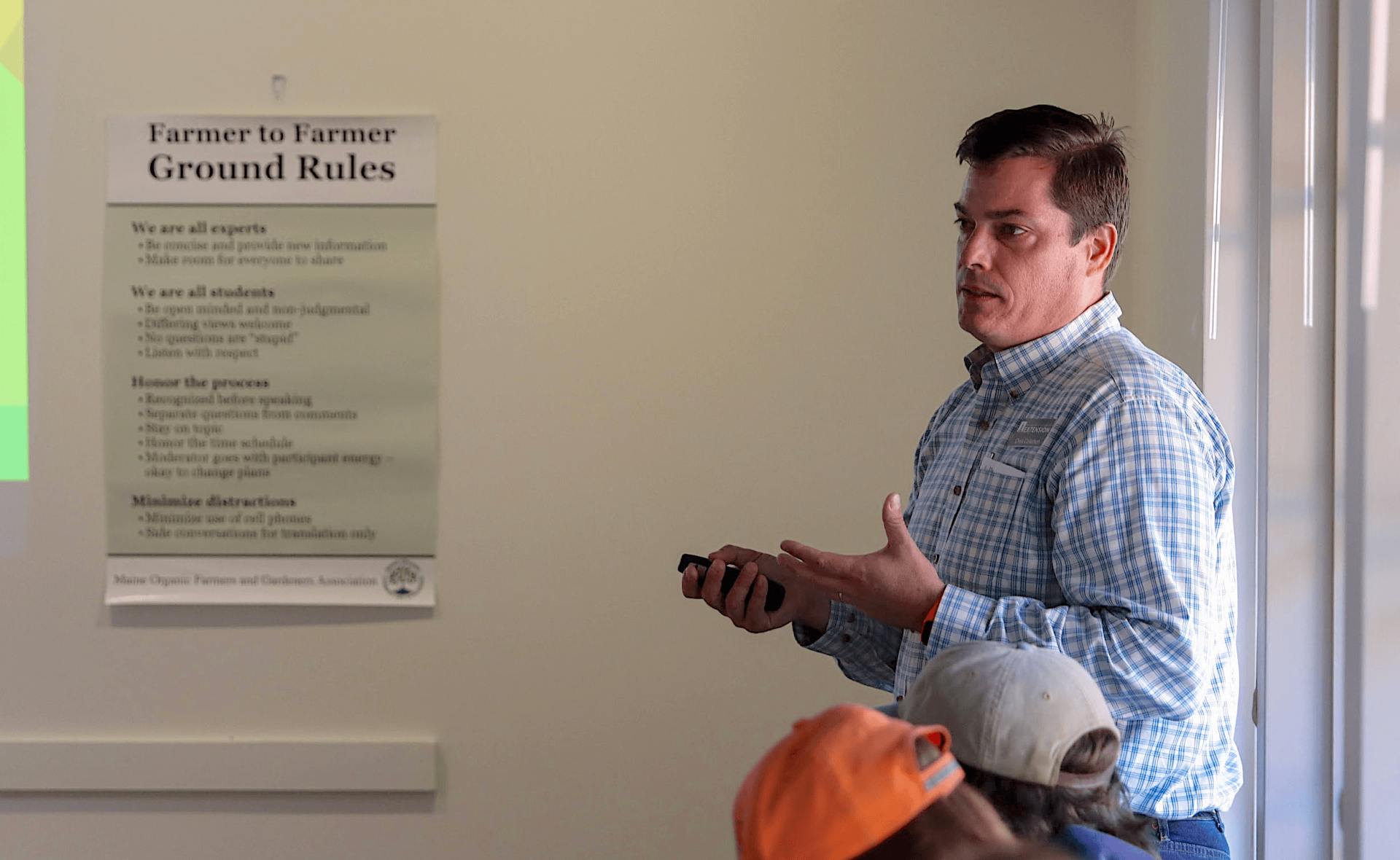
That was thirteen years ago, and he has been successfully stewarding the Extension Agricultural Engineering program ever since. His work focuses primarily on post harvest and food safety practices, protected growing environments (such as greenhouses), and sustainable agriculture and energy. In this role, he develops and delivers Extension educational programs. Since he began at UVM, he’s done more than 180 such events, with more than 10,000 attendees at those events. He also conducts research relevant to the food system.
“I don't have a lab. The world is the lab, and almost all the research I’ve done has been on farms. Most of the research questions I am pursuing are coming directly from community members who I work with, from farmers to food companies, from youth on a robotics team to municipal leaders.”
He describes the research aspect of his work as “knowledge creation” and says that as an extensionist, a second key part of his job is connecting people with knowledge.
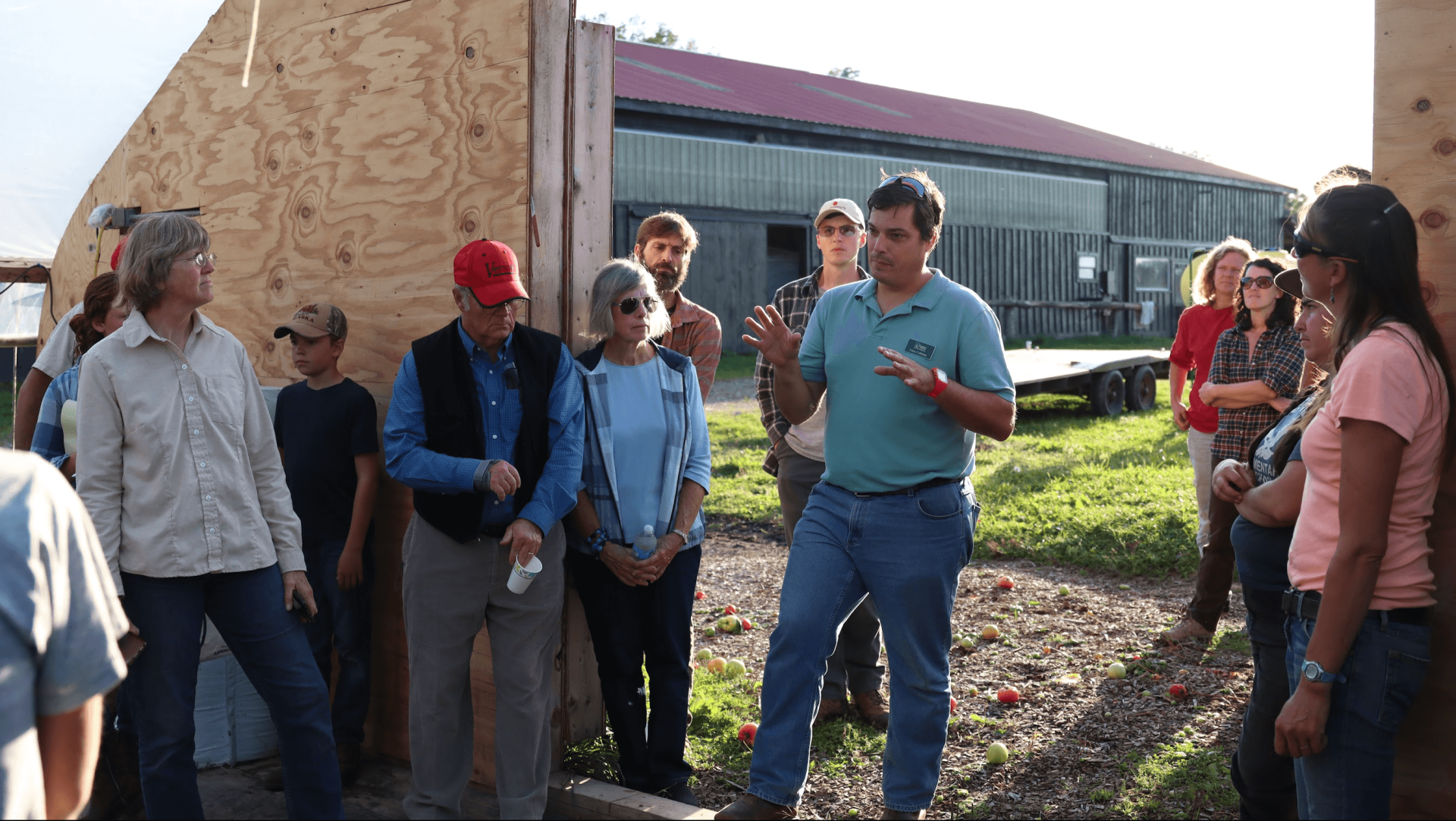
In the early years of the position, lots of the questions Vermont producers and manufacturers asked him focused on food safety. With the advent of the Food Safety Modernization Act, finalized in 2011 and implemented beginning in 2014, he and others saw an opportunity to develop a regional food safety center. Working with colleagues at UVM and throughout the Northeast, they raised the money and garnered support for that center. The resulting Northeast Center to Advance Food Safety (NECAFS) is now one of only four regional centers across the country that support food safety across the entire food system with targeted research, education, and extension.
In his new role as Associate Director of Extension, Callahan will focus primarily on the programming side, as well as oversight of Extension faculty and staff. “One of the main reasons I decided to go for this position is I think we have great people doing amazing things.”
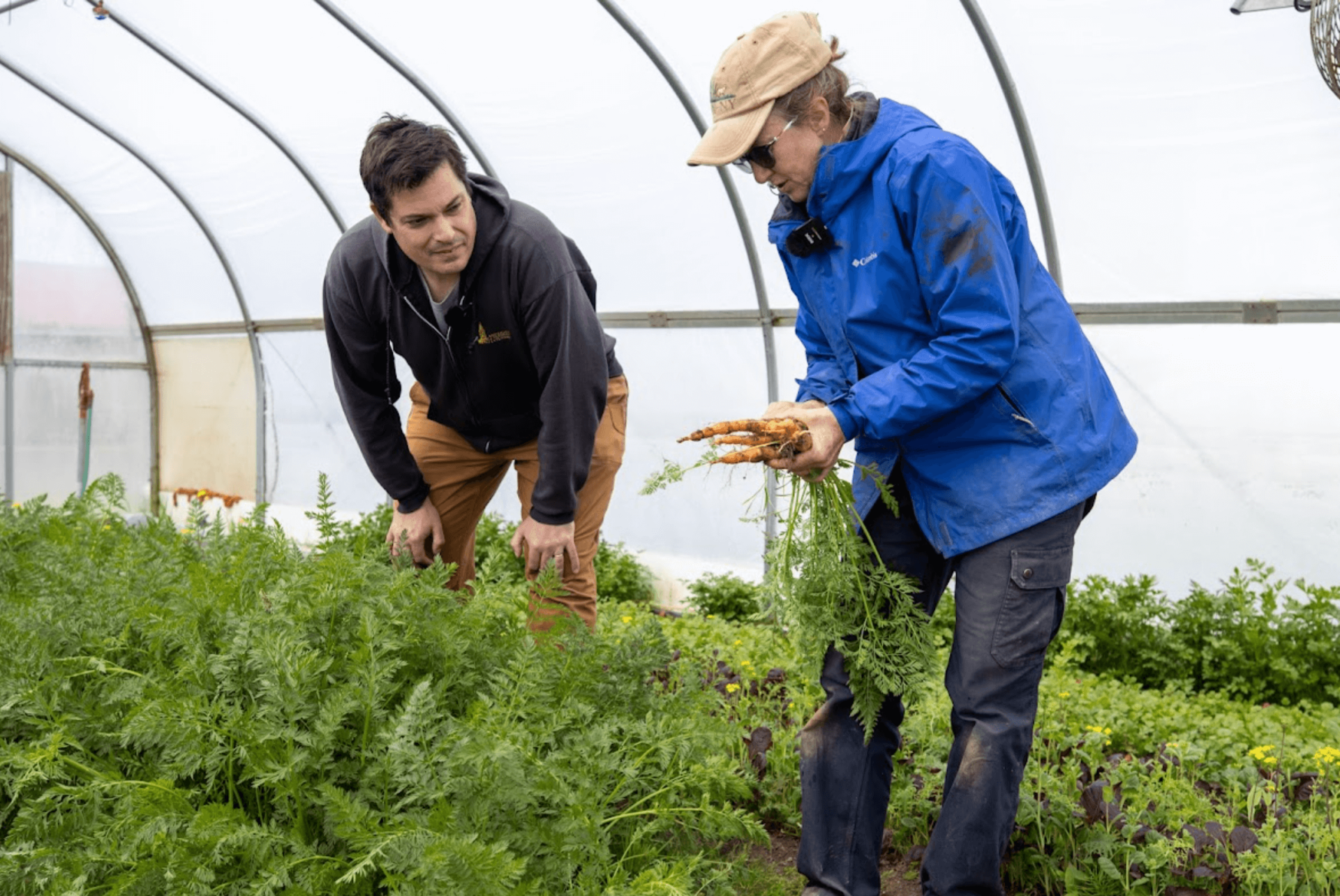
Though Callahan has only a half-time appointment as Associate Director, he has a big vision for the role that UVM Extension can serve in this time of change and uncertainty, “We have an obligation and responsibility to support the health of our communities, even when challenging decisions are being made that remove funding from things that matter to our communities and to us. The people of Extension are incredibly creative and thrive on challenge, and I think we can find innovative ways of doing the work that matters to the communities we're here to serve.
"Extension has a really unique value proposition in supporting community resilience broadly. Resilience to extreme weather events. Resilience to political, social, and economic challenges. I think there are many ways where we can support resilience in our communities, and so in terms of a big idea, I think that's where Extension can really show up.
"And to listen to those communities and really make sure that what we're trying to do is helpful and directed by those communities. Ground ourselves in that. We have a privilege in our relative stability, we have a long history of being part of the community, we have the resources of the land grant university, and I believe in Extension’s mission. So, I’m incredibly optimistic and hopeful about our future and Extension’s role in it.”
Leslie V. Parise, dean of the UVM College of Agriculture and Life Sciences, said of his appointment, “I am excited to have Chris in this role. His thoughtful and analytical nature will help us with the challenges ahead.”
CALS, Extension, and the communities of Vermont will all benefit from Callahan’s knowledge, optimism, and leadership as he steps into this new role within Extension.
.
